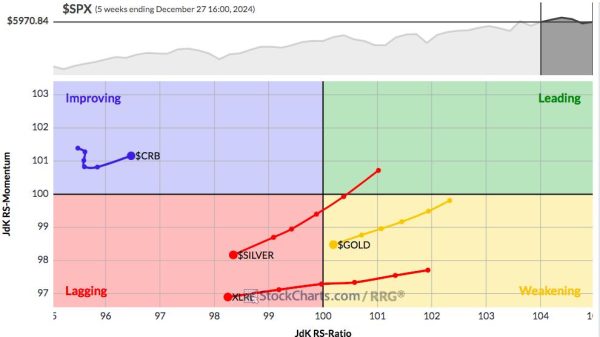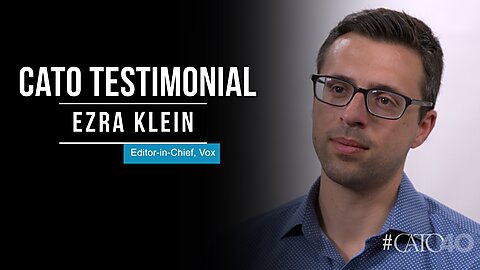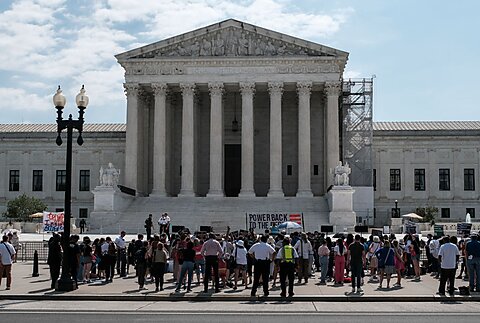Walter Olson
The Supreme Court today narrowed the effective scope of a provision of the Sarbanes‐Oxley financial reform law under which prosecutors have charged January 6 rioters with obstructing a federal proceeding. It ruled that to be charged, defendants had to have obstructed the integrity or availability of documents, objects, or other things used in the proceeding, not simply impeded it in other ways.
Today’s reading will result in the narrowing of some charges against the January 6 defendants. In no way, however, should it be viewed as a license for lawlessness. In nearly all cases, especially the serious ones, the rioters face other charges not at issue here. And while the ruling may at least slightly narrow the permitted scope of the federal prosecution of former President Donald Trump over January 6, much of Trump’s alleged obstructive behavior may still be chargeable as relating to the integrity and availability of official documents and the like.
The merits were in relatively close balance. The majority, led by Chief Justice John Roberts, relied on venerable canons of construction under which context counts, taking note that the catchall provision occurred amid a list of financial falsification and obstruction of justice offenses. Justice Ketanji Brown Jackson, in concurrence, reviewed the legislative history and concluded that Congress probably did not intend to criminalize a far broader swath of obstruction.
In dissent, Justice Amy Coney Barrett, joined by Justices Elena Kagan and Sonia Sotomayor, championed the stand‐alone plain meaning of the law’s relevant phrasing. It was a disturbingly broad and capacious plain meaning, to be sure, under which protesters who briefly “impede” some federal agency proceeding, or a sitting of the court itself, by shouting out of turn might be exposed to lengthy prison sentences.
When there is genuine uncertainty as to the meaning of a law, judges help safeguard liberty by applying a narrow reading to avoid criminalizing conduct not clearly marked out as such. That is what the court did today.
























